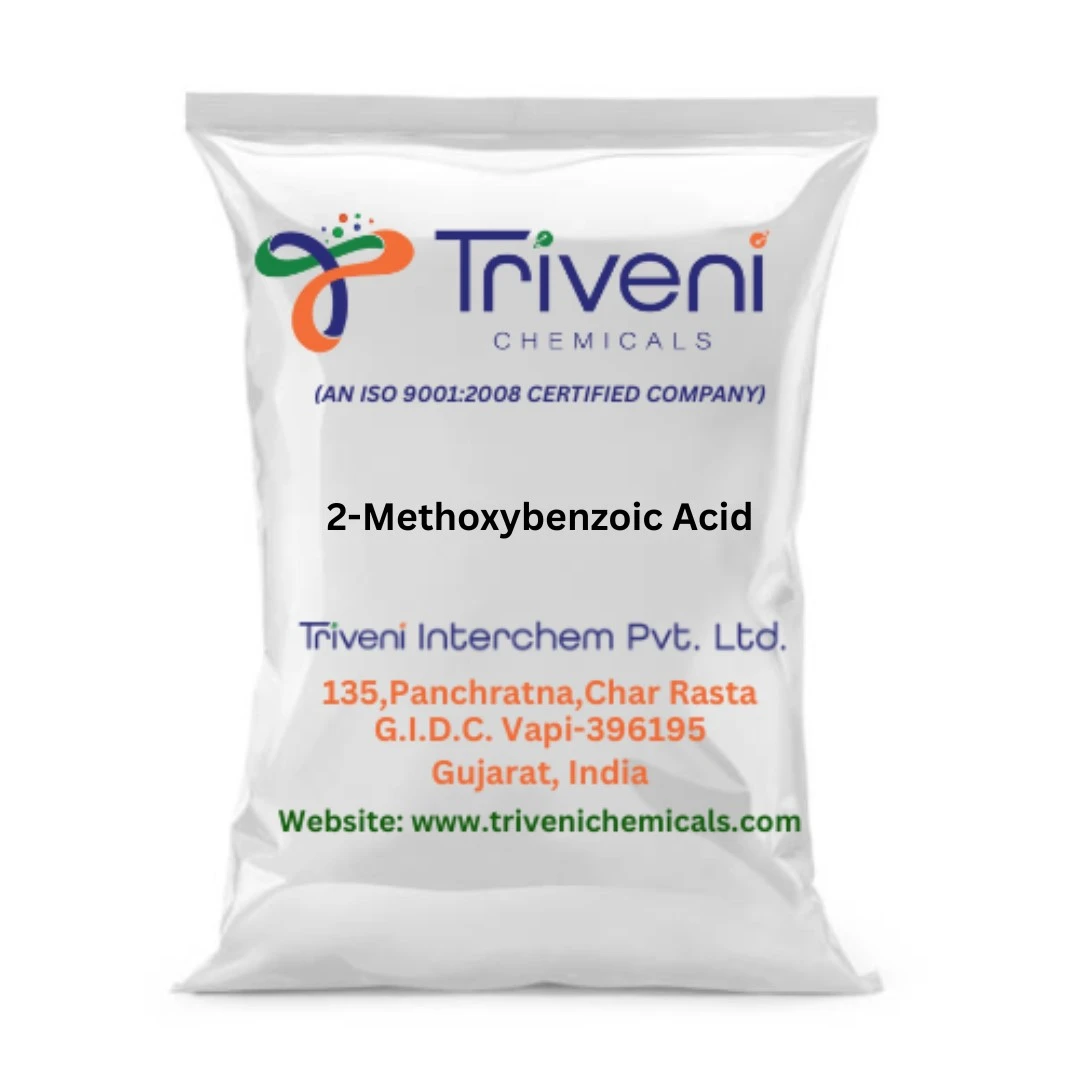The pharmaceutical sector is vital to the world's healthcare system because it conducts the research, develops, produces, and distributes drugs that enhance and save lives. Pharmaceutical businesses consistently work to meet unmet medical needs and combat diseases, with an emphasis on innovation and patient well-being. Pharmaceutical research and development (R&D)..
The pharmaceutical sector is vital to the world's healthcare system because it conducts the research, develops, produces, and distributes drugs that enhance and save lives. Pharmaceutical businesses consistently work to meet unmet medical needs and combat diseases, with an emphasis on innovation and patient well-being. Pharmaceutical research and development (R&D) is the industry's mainstay. Every year, businesses spend billions of dollars on research and development to find new medications and treatments. To assess safety and efficacy in humans, this procedure include locating possible therapeutic targets, carrying out preclinical research, and moving on to clinical trials. Health authorities strictly oversee each phase of these trials, which are undertaken in many rounds. The pharmaceutical business must apply for regulatory approval from organizations like the European Medicines Agency (EMA) in Europe or the Food and medicine Administration (FDA) in the United States once a medicine successfully completes clinical trials. These organizations evaluate the drug's efficacy, safety, and quality prior to authorizing its commercialization. Pharmacies must be manufactured with high quality standards in mind. The pharmaceutical business adheres to Good Manufacturing Practices (GMP) to guarantee that drugs are constantly produced in accordance with quality standards. Throughout the manufacturing process, this entails careful handling of raw materials, exact formulation, and strict quality control procedures. Post-marketing surveillance is another expense made by pharmaceutical corporations to keep an eye on the efficacy and safety of their products after they are placed on the market. To safeguard patient health, adverse occurrences or unanticipated side effects are reported and looked into. The sector must contend with issues like generic competition, patent expirations, and growing medication research costs. For a set amount of time, usually 20 years, patents provide businesses the only authority to market a medication; but, after that time, less expensive generic versions may become available. Working together is crucial in the pharmaceutical industry. To further drug discovery and development, numerous corporations collaborate with academic institutions, research groups, and other industry actors. This team-based strategy encourages creativity and quickens the rate of medical advancements. Personalized medicine has emerged in recent years, with therapies customized based on a patient's genetic composition or particular illness features. More specialized and potent treatments may be possible with this strategy. All things considered, the pharmaceutical sector is leading the way in innovative healthcare, constantly working to better patient outcomes and advance global health. Its contributions are essential to solving the most important health issues facing the globe today.





